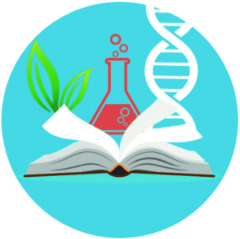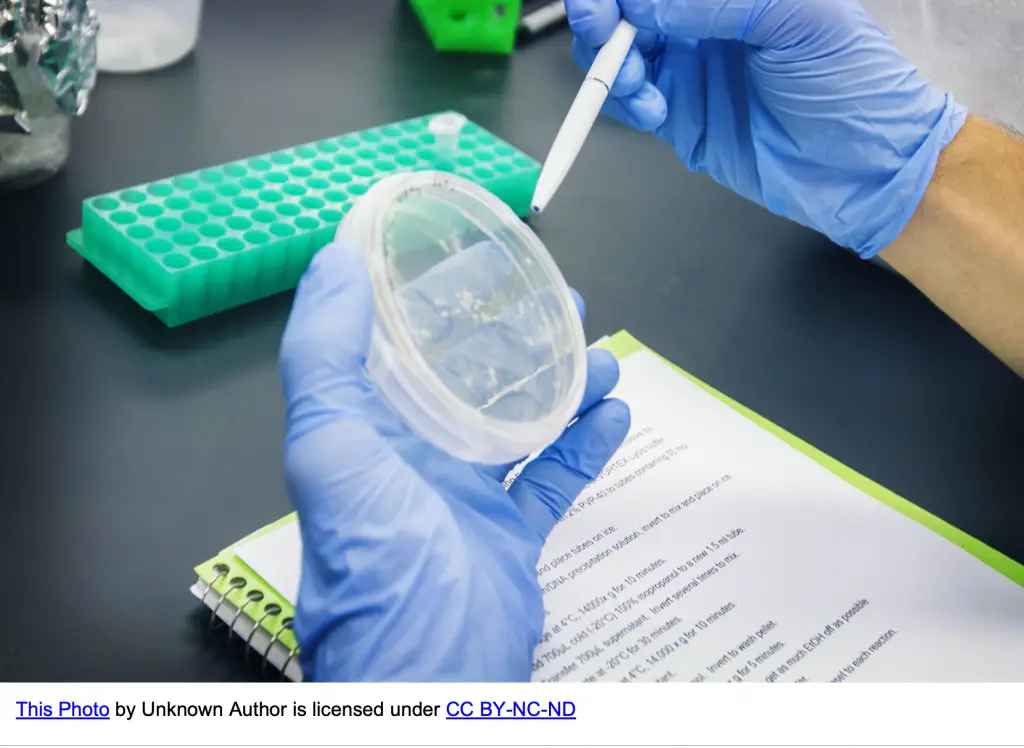
Students entering college find themselves researching different majors: here is some general info on what you may experience getting a degree in Biology.
Many choices confront you as you move into, through, and ultimately beyond high school. When you reach this last phase, you may be torn between a number of your interests as you consider what school to attend and what majors to consider when you get there. Like you, many including myself struggled with this question and made their choices for better or worse.
Hopefully, your choice brings you closer to what you want to spend the rest of your life doing (which you probably do not even know yet), but whatever you choose, you have arrived at this article due to at least some minor interest in the science of biology. Besides it, take into account that most courses require to write a lot. Moreover, being an active essay writer, a student is more likely to succeed in his/her study. Most students comprehend and memorize material better while making notes.
That established, let me try to tell you a little bit about this wonderful topic which has been my own chosen area of study. I’ll try to cover some areas of interest, the potential for employment, and what to expect from your classes.
General
Biology is the science of life. According to one of the most popular college-level textbooks on the subject by Campbell and Reese: “biology is a central science, and attractive to humans because of our basic curiosity about the world around us”.
Biology is the study of all living things and their interactions with each other and their environments. Biology in general is broken up into several other categories, each a completely defined science in itself. Ecology tends to deal mainly with non-human species interactions, while environmental science tends to deal with the impacts of humans on nature.
Anatomy is the study of the human body or the body of one species, while comparative zoology is the study of the similarities and differences between species. As you can see, biology encompasses and overlaps many other sciences.
The Information Explosion
Students studying anything in high school or college currently are in the midst of what is being called an “information explosion.” The information explosion is a widely used term used to refer to the fact that the human race generates new information at a nearly incomprehensible speed. For example, according to the EMC organization, which studies information and information technology, if you wanted to store all of the current information in the world on electronic media like computer memory, you would be short of enough space by about 35%.
This makes specialization within one’s field a necessity for progress. And many biologists have chosen one special area of interest, such as endocrinology, microbiology, immunology, botany, ichthyology, and genetics; to name only a fraction. This practice of specialization is likely to become more pronounced as time moves forward. As such when you get to the more advanced levels of biology you are likely to develop a favorite area of study, and professors will quickly encourage you to try and become an expert in this topic.
Some Areas You Might Get a Job
Biology in all forms is a very engaging and rewarding science to be a part of. Some of the highest paying jobs find their roots in biology, and so do many of the most perplexing scientific questions of all time. Pharmaceuticals, biochemistry, and medicine are among the most recognized in both of these areas, due to the high amount of interest in our health and wellbeing.
Environmentalism is a popular movement in our society and awareness of the human impact on the planet seems to be ever-growing. Academics and government agencies alike are working on environmental issues such as pollution, overpopulation, and irresponsible agricultural practices. Large corporations are discovering that waste and pollution are huge problems for them. Corporate green advocates, environmental public relations, and efficiency experts are all working to rectify the image of the company as the villain by default. Quite simply it is profitable to be green nowadays, and someone with an understanding of green work practices, an interest in the wellbeing of the planet, and a good sense of public image is valuable to a company.
Academic and research biology is a growing field as well. There are barely enough students to accommodate the staggering number of subjects, and new ones seem to be being created almost every month. All of the topics I have previously mentioned can represent entire degrees in and of themselves, each requiring a great number of courses to master. As for the best essay writing service reddit, academic research leads to important new directions for science including the decoding of the human genome and the now almost commonplace practice of genomics: sequencing and studying the genetic codes of humans and other organisms.
Skills You’ll Need for College
Students of biology will experience all facets of a course in a major science. Writing ability, patience with material and vocabulary, and a keen memory and attention to detail are all essential. An understanding of all other major sciences is likely to be required through general education courses by your school, or as a prerequisite for admission into the program. Most important to the science of biology, arguably, would be a good grasp of mathematics, and an excellent understanding of chemistry. My degree required four semesters of chemistry as a minimum, and many of the upper-level biology classes introduce their chemistry concepts. Expect to deal with reaction equations, practices in working safely with chemicals, an understanding of stoichiometry, and the major molecule types important to live. Math students may find an excellent use for their abilities in both ecology and genetics, which analyze populations a great deal. Any biology student should be prepared for periodic crash courses in other topics, to deal with the complexity of life on Earth.
Conclusion
In short, knowledge of biology is currently on the rise in popularity and demand. Students of biology are a valuable commodity and a proven ability to understand the concepts represented within the science is an indispensable skill, both in monetary and scholarly measurement. If your interests fall within saving the planet, making money, solving the mysteries of life, or becoming famous (for modern celebrity biologists search: Craig Venter, Joe Davis, and Tyrone Hayes to name just a few of my personal favorites), then hopefully you can be persuaded into the study of biology, to use your talents for the benefit of all life in our universe.
Oh, and feel free to quote that last line when employers ask you why you want to work for them.





